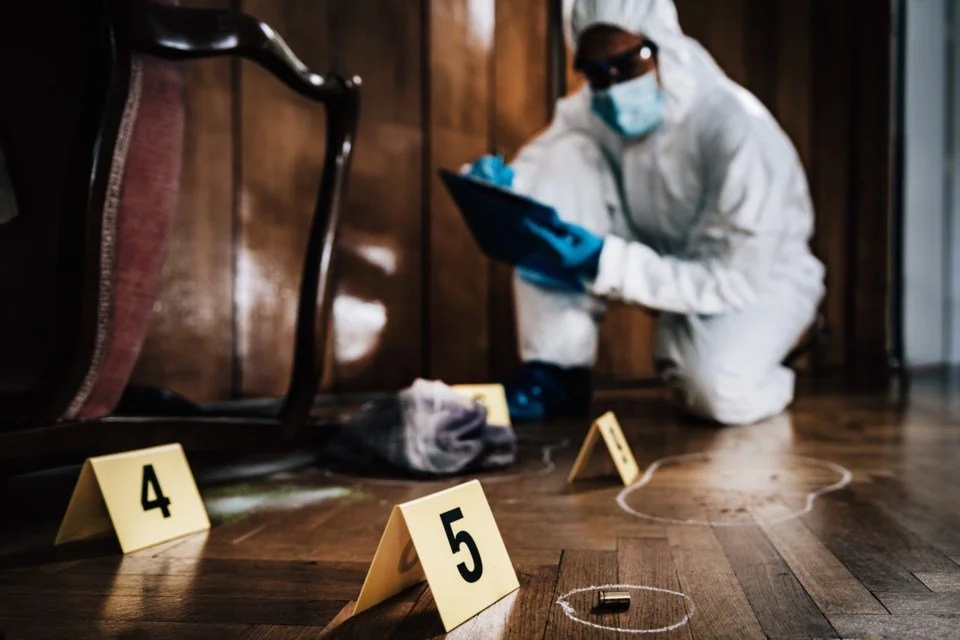The Legal Myth Series, Part Four: I Can’t Be Convicted Without Physical Evidence
By James L. Spies | AggressiveCriminalLaw.com
Many people believe that the only way a prosecutor can win a conviction is by presenting physical evidence. They picture DNA, fingerprints, or surveillance video as the centerpiece of every case. This belief comes from television shows and movies that glorify forensic science. In reality, Kansas law does not require physical evidence for a conviction. A jury can return a guilty verdict based on testimony alone if they find that testimony credible.
Why This Myth Persists
The myth exists because popular culture has made forensic science seem like the gold standard in every investigation. Shows portray dramatic lab results and high-tech crime solving. In the real world, many cases do not involve DNA, fingerprints, or video. Instead, they rely heavily on what witnesses, police officers, or alleged victims say happened.
The Reality in Kansas Courtrooms
Kansas law, like the law in most states, allows a conviction based on witness testimony alone. There is no statute that says physical evidence must be presented. If a jury believes a witness beyond a reasonable doubt, that testimony can be enough. This is true in serious cases ranging from drug possession to violent crimes.
This does not mean every case without physical evidence is strong. Testimony can be challenged. Witnesses can be mistaken, confused, or even dishonest. Cross-examination gives the defense lawyer an opportunity to test the reliability of what a witness claims. But the important point is that the lack of DNA or fingerprints does not automatically mean a case will be dismissed.
Why You Still Need a Defense Strategy
Even in cases built only on testimony, the stakes are high. A skilled defense attorney can point out inconsistencies, expose motives to lie, and show jurors why testimony may not be trustworthy. The absence of physical evidence can be highlighted, but it cannot be the only defense. The focus must remain on raising reasonable doubt wherever possible.
The Bottom Line
The idea that you cannot be convicted without physical evidence is a dangerous myth. Prosecutors do not need DNA or fingerprints to pursue a case. Testimony alone can be enough for a jury. If you are facing charges in Kansas, it is critical to have an experienced criminal defense lawyer who knows how to challenge the state’s evidence and protect your future.

